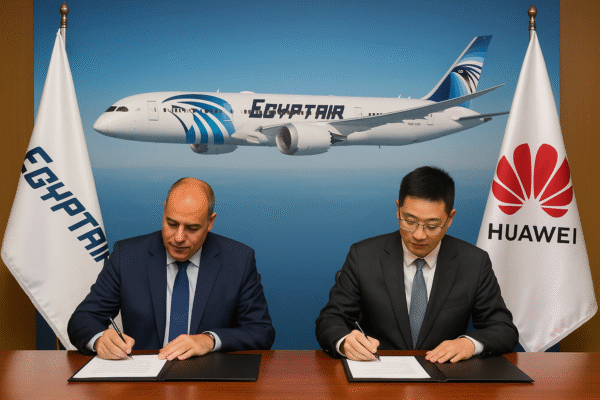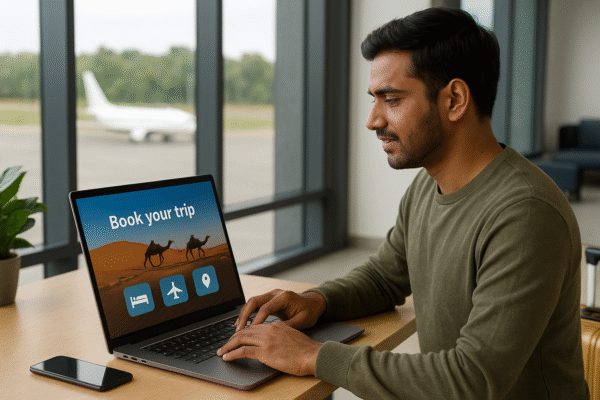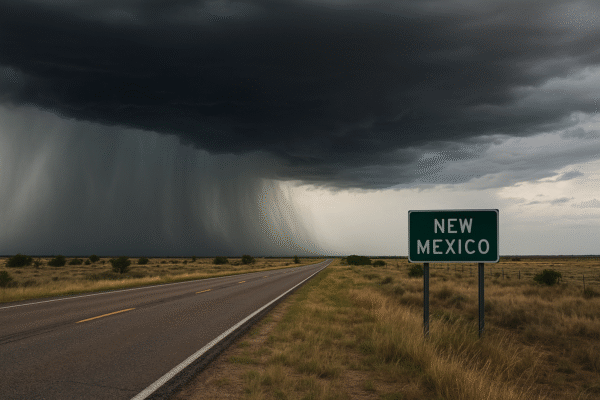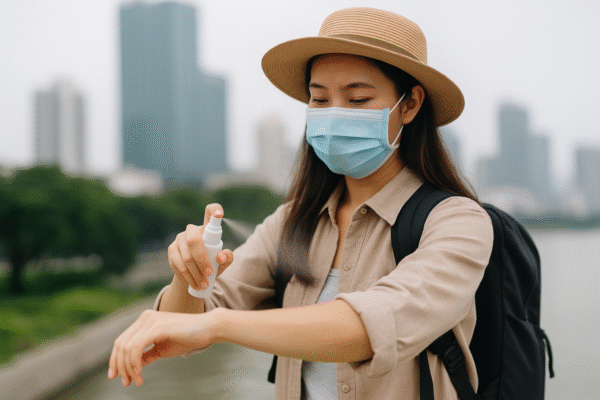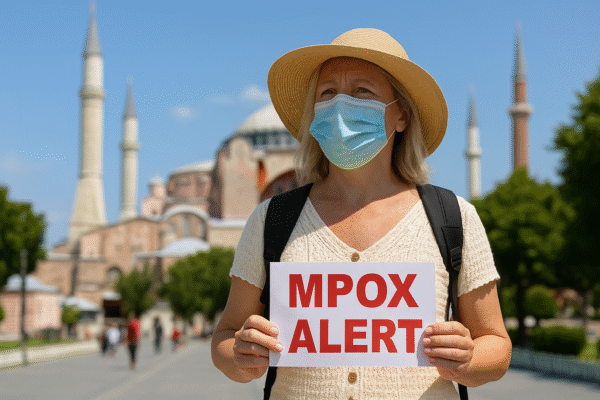The United States government has issued a heightened travel alert for Guangdong Province in southern China as a dramatic chikungunya virus outbreak continues to escalate. With thousands of confirmed cases—especially centered in Foshan City—travelers are urged to take rigorous mosquito-avoidance steps and closely monitor evolving health advisories.
Chikungunya, a mosquito-borne viral illness notorious for intense joint pain and fever, is spreading rapidly across Guangdong. The U.S. Centers for Disease Control and Prevention (CDC) has elevated its travel warning to Level 2 (Practice Enhanced Precautions), signaling that visitors must go beyond routine protection and adopt more stringent measures to minimize infection risk.
Foshan has emerged as the epicenter of the crisis. The city, home to nearly ten million residents, has reported the majority of cases. Monsoon floods earlier this year created ideal breeding grounds for Aedes mosquitoes—the primary carriers of chikungunya—fuelling this unprecedented surge. Tourists and residents alike face heightened vulnerability during these rainy months.
In response, local authorities have launched an aggressive containment strategy. Efforts include targeted mosquito control programs, neighborhood fogging, distribution of repellents, and public education campaigns urging the elimination of standing water. Some regions are drawing comparisons to early pandemic protocols, with localized restrictions in high-case zones and intensified surveillance in residential areas.
Symptoms typically manifest within a few days of infection and include sudden high fever, severe joint pain (most commonly in wrists, ankles, and knees), muscle aches, headache, exhaustion, and rash. While most recover within a week, lingering joint pain lasting months or more is not uncommon. Vulnerable groups—such as the elderly, infants, and individuals with underlying health conditions—face a greater risk of prolonged or severe symptoms.
To protect yourself, the CDC recommends a multi-layered approach: regularly apply EPA-approved insect repellents, wear long-sleeved clothing and pants (preferably light-colored and loose), and avoid outdoor activity during dawn and dusk when Aedes mosquitoes are most active. Staying in accommodations with air-conditioning or properly screened windows adds another barrier of safety.
Vaccination offers an additional layer of protection. Chikungunya vaccines have been approved in the U.S., though recent safety concerns have prompted caution for older individuals. Pregnant travelers—particularly those near term—are advised to reconsider travel plans, as rare mother-to-child transmission cases have been documented when infection occurs close to delivery. Healthcare providers are encouraged to consult with patients individually to carefully weigh vaccination benefits and risks.
Globally, chikungunya remains a significant public health challenge, affecting millions annually. While mortality rates remain low, the debilitating impact of joint pain can significantly impair quality of life. The present Guangdong crisis underscores how quickly such outbreaks can strain local systems and affect tourism dynamics.
Tourists planning trips to Guangdong or nearby areas should prepare in advance. Key recommendations include:
- Use insect repellent containing DEET, picaridin, or other EPA-approved ingredients, applying it to both exposed skin and clothing.
- Dress appropriately—long sleeves, pants, and socks reduce bite risk.
- Avoid peak mosquito hours, especially dawn and dusk.
- Choose secure lodging, with air-conditioning or screens, to minimize nighttime mosquito exposure.
- Consider vaccination, when appropriate and advised by a healthcare professional.
- Be vigilant for symptoms like fever, rash, or joint pain—seek medical care promptly if they arise during or after travel.
Despite the current focus on Foshan, outbreaks can quickly extend under favorable environmental conditions. Surrounding cities—such as Guangzhou, Shenzhen, and Dongguan—fear potential spread given their proximity and dense populations. Neighboring regions, including Hong Kong and Macau, are also monitoring for imported cases.
Travelers who suspect infection should seek medical consultation without delay. Early diagnosis and symptomatic treatment (like rest, hydration, and over-the-counter fever reducers) can help alleviate distress. Note: anti-inflammatory medications are usually safe, but consult a healthcare provider—particularly if dengue is also a concern.
Local governments are not backing down. Alongside containment and prevention campaigns, public messaging emphasizes community participation: residents are urged to clear containers, clean garden receptacles, and maintain hygiene around homes and communal spaces. Meanwhile, authorities collaborate with medical centers to ensure ready diagnosis and supportive care for those affected.
This outbreak highlights the delicate balance between tourism and public health safety. Travelers can still enjoy the vibrant energy and cultural richness of Guangdong—provided they prioritize personal protection and stay informed.
In summary, the U.S. CDC’s decision to raise the travel advisory to Level 2 reflects the serious, evolving chikungunya outbreak in Guangdong—especially in Foshan. But with proper preparation, mosquito protection, and awareness, travelers can significantly reduce their risk and still experience all that southern China has to offer. Stay vigilant, pack responsibly, and let caution guide a safe and enjoyable journey.
For more travel news like this, keep reading Global Travel Wire

